Post
A catch
Save a catch to start your fishing logbook. You will be able to to share it with the community if yo want!
A fishing trip
Post an ad to go fishing with other fishermen
Save a catch to start your fishing logbook. You will be able to to share it with the community if yo want!
Post an ad to go fishing with other fishermen
Share a thought, a question with the community
My favorite cities
×Join our 243 fishermen and our 2 cofishermen in Plaidy in Aberdeenshire. The fishing forecast is currently 5. The most caught fishes here are the spined stickleback , the goldfish, the pike fish and the largemouth black bass. Come try the most famous fishing techniques like the trolling for squid, toc fishing, plug fishing on the shore for sea bream or tips on material to catch bass on plug from the shore.
Our fishing forecast of Plaidy indicates the best time to go fishing in this city.
The Spined Stickleback
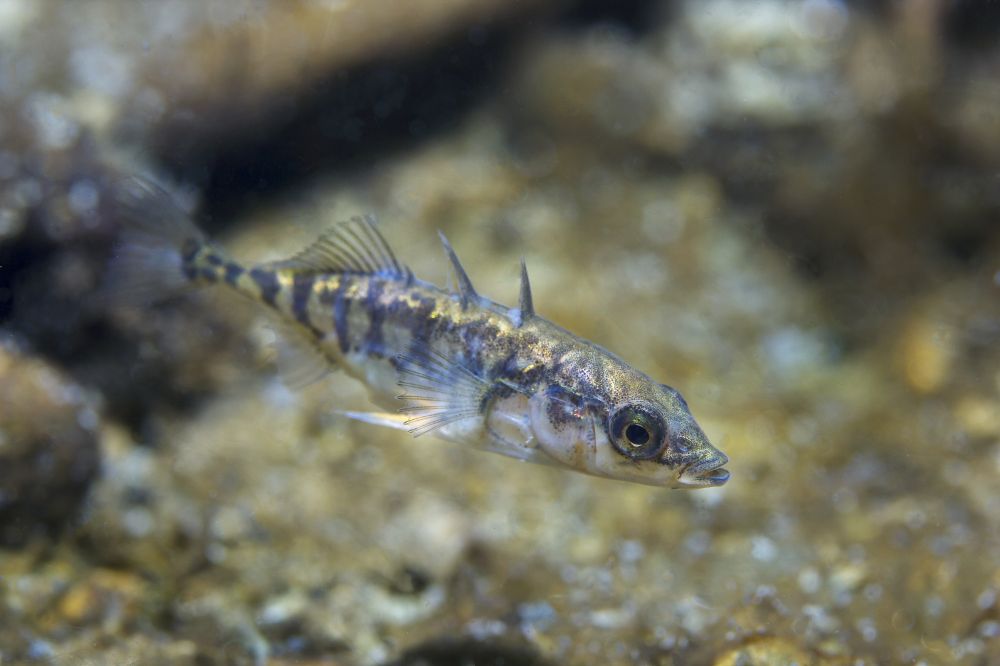
The Spined Stickleback belongs to the Gasterosteidae family. Females are larger than males, measuring 4 to 5 cm and males 3.5 to 4 cm. Its longevity varies from 3 to 5 years. The spined stickleback breeds from March to July to June depending on the region. Fertility is 100 to 400 eggs. It can be fished all year round. The spined stickleback is a small fish whose body is elongated and laterally compressed. Along the lateral line, the body is not covered with scales but with bone plates (badges). The caudal peduncle is very narrow. Three isolated spines are present on the back in front of the dorsal fin. The muzzle is pointed and has a terminal mouth. Pelvic fins are also replaced by two thorns. Its back is greenish brown with black on the back, the sides are silvery grey below the lateral line and the ventral side is whitish. The male's silvery coat turns a bright red color at the time of reproduction.
The Spined Stickleback is a famous fish you can catch in Plaidy.The Goldfish
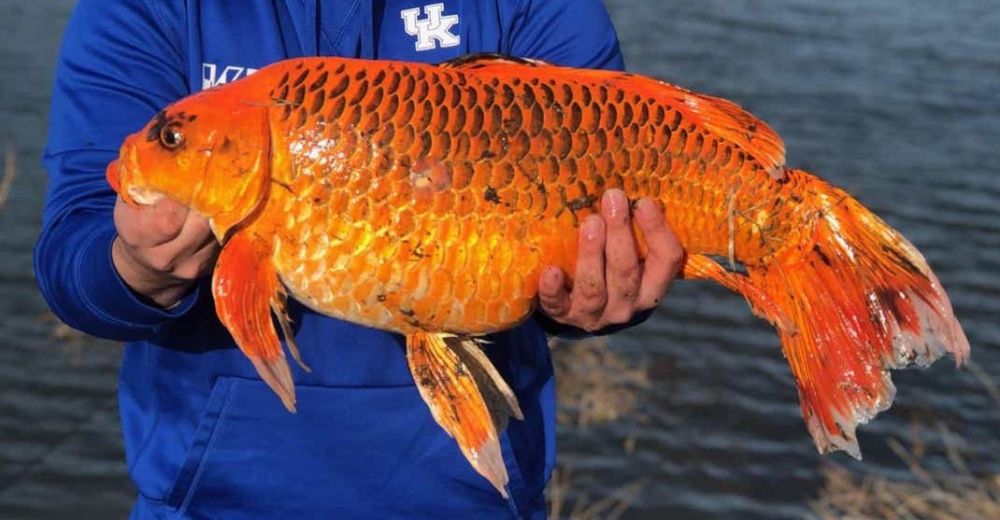
The Goldfish belongs to the Cyprinidae family. This fish can reach 60 cm and live up to 15 years. It breeds in spring for an average of 1000 eggs. In the wild, the species Carassius Auratus or Goldfish has an elongated, laterally compressed and slightly high body. The small triangular head is free of scales and barbells. The dorsal fin, concave or straight, begins at the top of the body and ends at the caudal peduncle. The caudal fin, larger and more indented than that of the Crucian carp, has 17 to 20 soft rays. The ventral and pectoral fins and the anal fin are small and thin. The body is covered with small scales. There are 26 to 31 scales on the lateral line. The colors of the Goldfish vary greatly with the environment in which it evolves, from yellowish to bright golden and bronze. Its back is generally darker and his belly lighter. The main distinctive features of the ornamental shape are its flamboyant red color and its many morphological shapes and aberrations.
The Goldfish is a famous fish you can catch in Plaidy.The Pike Fish
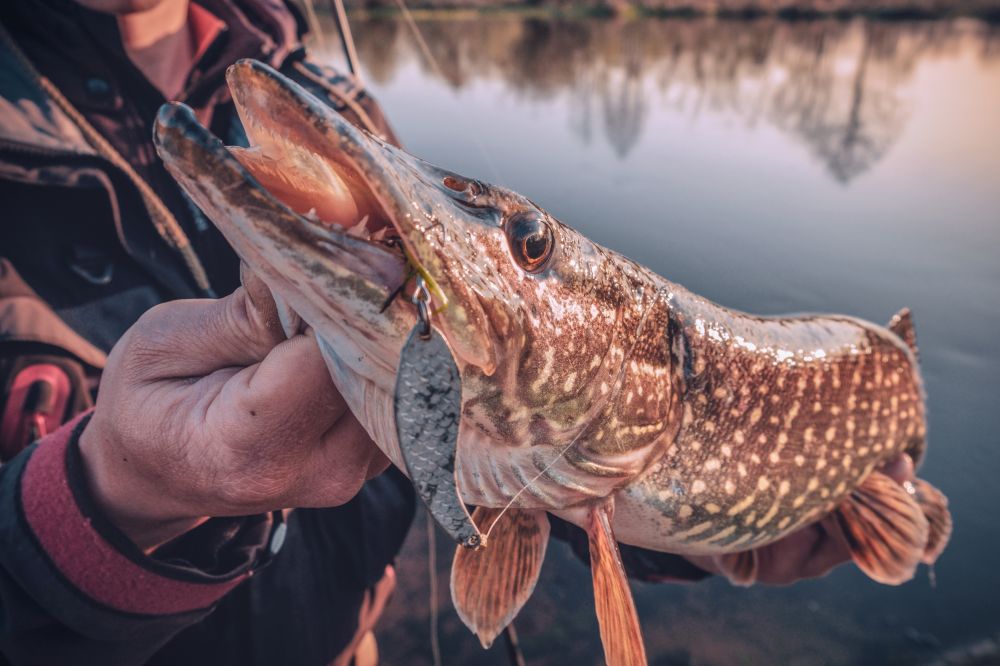
The Pike fish belongs to the Esocidae family. Pike can reach 1.30 m and weigh 25 kg. The current capture size is 50 cm for a weight of 1 kg. Females are commonly larger than males. The longevity is 10 to 14 years for males and 20 years (maximum 30 years) for females. Breeding takes place from February to May. The female lays 15,000 to 45,000 eggs per kg of weight. It is caught from June to December. This species is identifiable by its shape as a rifle bullet. The odd fins are at the back of the animal (allowing a sprinter propulsion). The characteristic head looks like a duck's beak. The mandible is longer than the upper jaw. The color varies from light green to black depending on the dominant color of the colonized habitats. The sides are lighter with darker transverse bands. During growth, the oblique stripes of young people give way to horizontal lines.
The Pike Fish is a famous fish you can catch in Plaidy.The Largemouth black bass
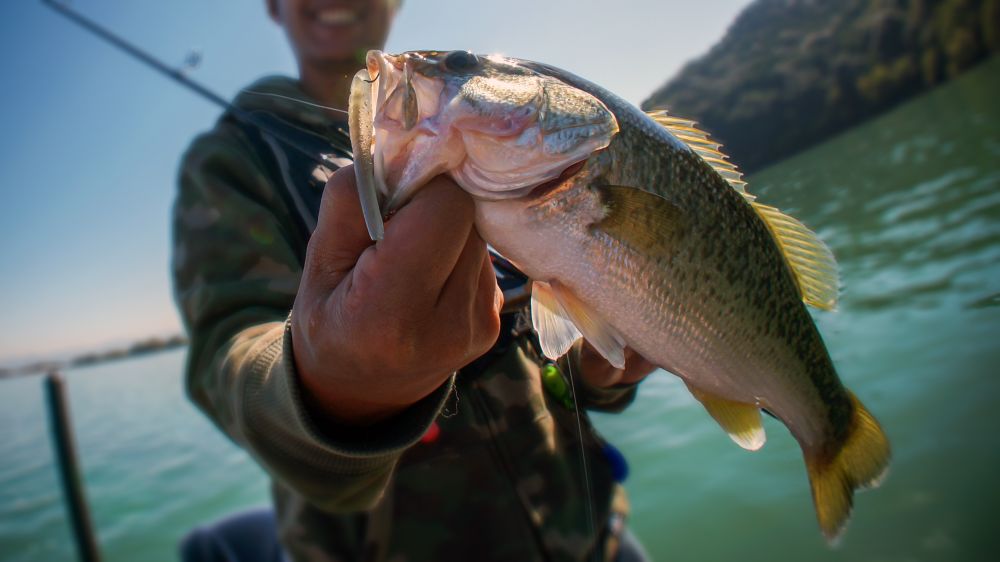
The Largemouth Black bass belongs to the Centrarchidae family. It has an average size of 50 to 70 cm for 4 kg. Its longevity is about 15 years. Spawning occurs from late spring to mid-summer. The number of eggs varies according to the size of the female, from 2000 to 14000 eggs. It is caught from March to October. Large-mouth black bass is a moderately large and robust fish. Its head is strong. Its terminal mouth is large, broad and oblique. The lower jaw is slightly prominent while the upper jaw extends to the back of the eye. The two dorsal fins are almost entirely separated. The first dorsal fin is rather low and has 10 spines. The second dorsal fin with a rounded shape is higher and has an average of 12 rays. Pelvic fins are short, rounded and have 1 spine and 5 soft rays. The pectoral fins are rather short, broad, rounded at the tip and have 13 to 15 rays. The dorsal side of the body varies from bright green to olive. The sides are pale green or golden green. There is a wide, uniform black lateral band that sometimes extends over the operculum and eye to the muzzle. The sides of the head vary from green to olive. The caudal is devoid of bright colors. The ventral side varies from milk white to yellow.
The Largemouth black bass is a famous fish you can catch in Plaidy.The Rudd fish
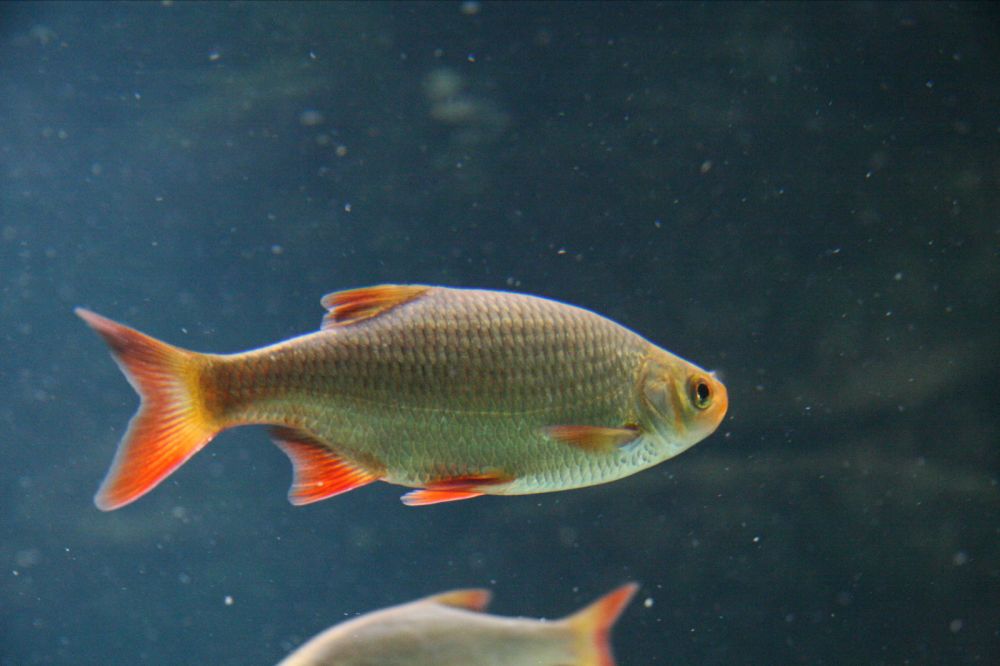
The Rudd fish belongs to the Cyprinidae family. The current size of the rudd fish is 15 to 30 cm for a weight of 0.5 to 1 kg. It can reach nearly 51 cm in height and weigh 2 kg. The rudd fish can live about 17 years. Egg laying is split and takes place from April to June. The female lays 100,000 to 200,000 eggs. Fishing for rudd is allowed all year round. It is easily identifiable by the diver: the silvery appearance of its body. A closer look at the position of the dorsal and ventral fins will then make the difference between the two species. If the ventral fins are placed further forward than the dorsal fin, it is the ratchet. The mouth, small, terminal, opens obliquely upwards. The back of the rattlesnake is brownish green, the sides and belly are silvery. The iris of the eyes is yellow with golden reflections. Dorsal, anal and pelvic fins are bright red in color.
The Rudd fish is a famous fish you can catch in Plaidy.Our fishing forecast of Plaidy indicates the best time to go fishing in this city.
Our fishing forecast of Plaidy indicates the best time to go fishing in this city.
Our fishing forecast of Plaidy indicates the best time to go fishing in this city.
